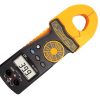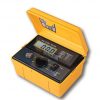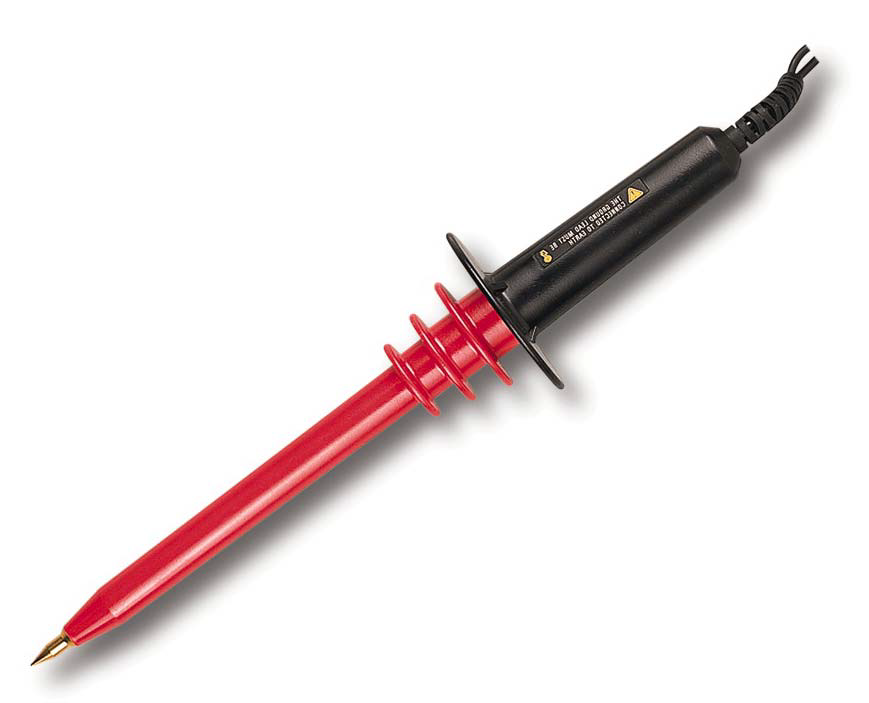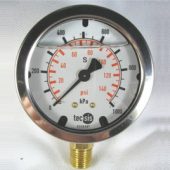LUTRON HV40 HIGH VOLTAGE PROBE
$231.45
High voltage probe suitable for a volt meter or multimeter
Out of stock
Description
Additional Information – HV40
OPERATION
Connect the plugs to the volts ( Hi ) & com ( Lo ) input terminals of your voltmeter ( or Multimeter ). Select the desired range of voltmeter ( Attention : Do not use auto ranging ). Whenever possible, turn the high voltage source off before making any connections. Connect the HV probe common lead ( alligator clip ) to a good earth ground or reliable chassis ground.
SPECIFICATIONS
Attenuate Ratio: 1 : 1000.
Input Impedance: Approx. 1000 M ohm.
Output Impedance: Around 1.1 M ohm. The input impedance of external voltmeter should be 10 mega ohm.
Max. Working Voltage:
DCV DC 40 KV
ACV Peak AC 40 KV or 28 KV rms ( depend which values is larger ).
Accuracy:
DCV 1 KV to 20 KV – 1 %.
20 KV to 40 KV – 1.5 %.
ACV 1 to 28 KV rms, 50/60 Hz – 5 %.
Temp Coefficient: Less than 200 ppm/.
Operating Temperature: 0 to 50 ( 32 to 122 ).
Operating Humidity: Less than 80% RH.
Cable Length: 1 meter.
SAFETY PRECAUTION
* This high voltage probe must be used by the person who are trained only. Do not work alone when working with high voltage circuits & environment.
* For your own safety, inspect the probes for cracks & frayed or broken leads before each use. If any defects are noted, do not use the probes.
* Hands, shoes, floor & work bench must be dry. Avoid making measurements under humid, damp or other environmental conditions that might affect the safety of measurement situation.
* The ground connection must always be made before the probe tip comes into contact with the high voltage & must not be removed until after the probe tip has been removed from high voltage source.
* Do not attempt to take measurement from sources where the chassis or return lead is not ground.
* If possible, always turn the high voltage source off before connecting or disconnecting the probe.
* Before turning the high voltage on, make sure that no part of your body is in contact with the device under test.
* The probe body should be kept clean & free of any conductive contamination. Clean only the exterior probe body & cables. Use a soft cotton cloth lightly moistened with a mild solution of detergent & water. Do not allow any portion of the probe to be submerged at any time.




